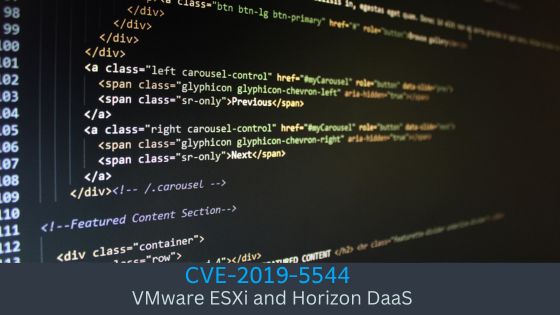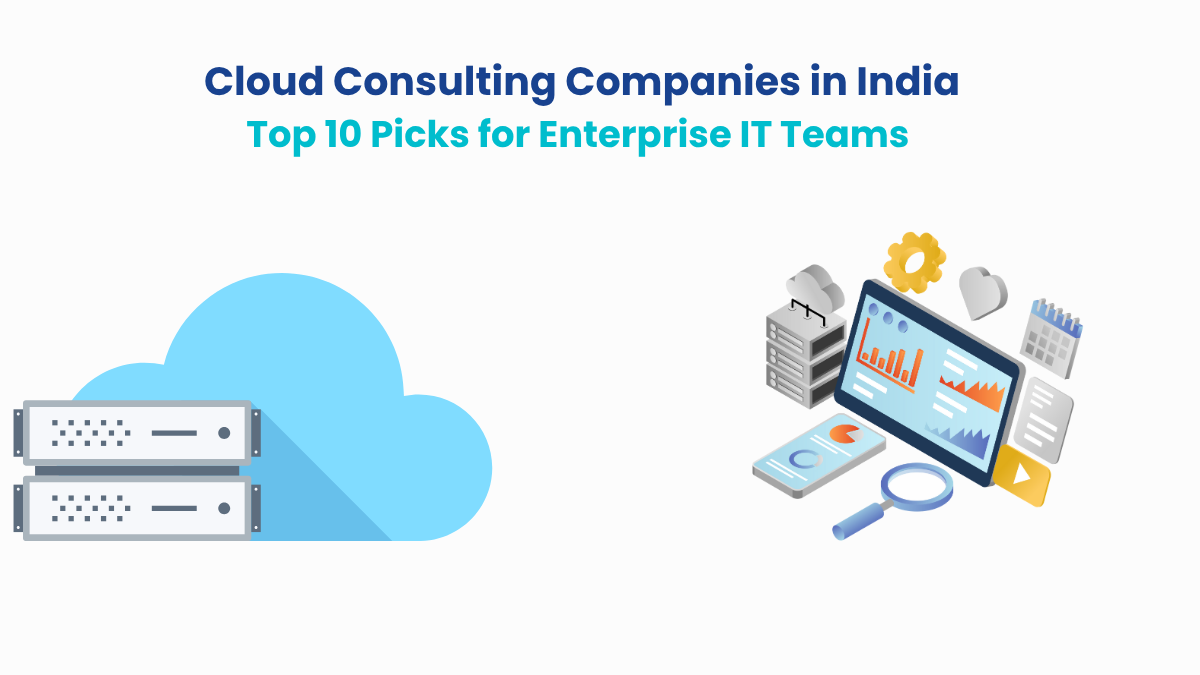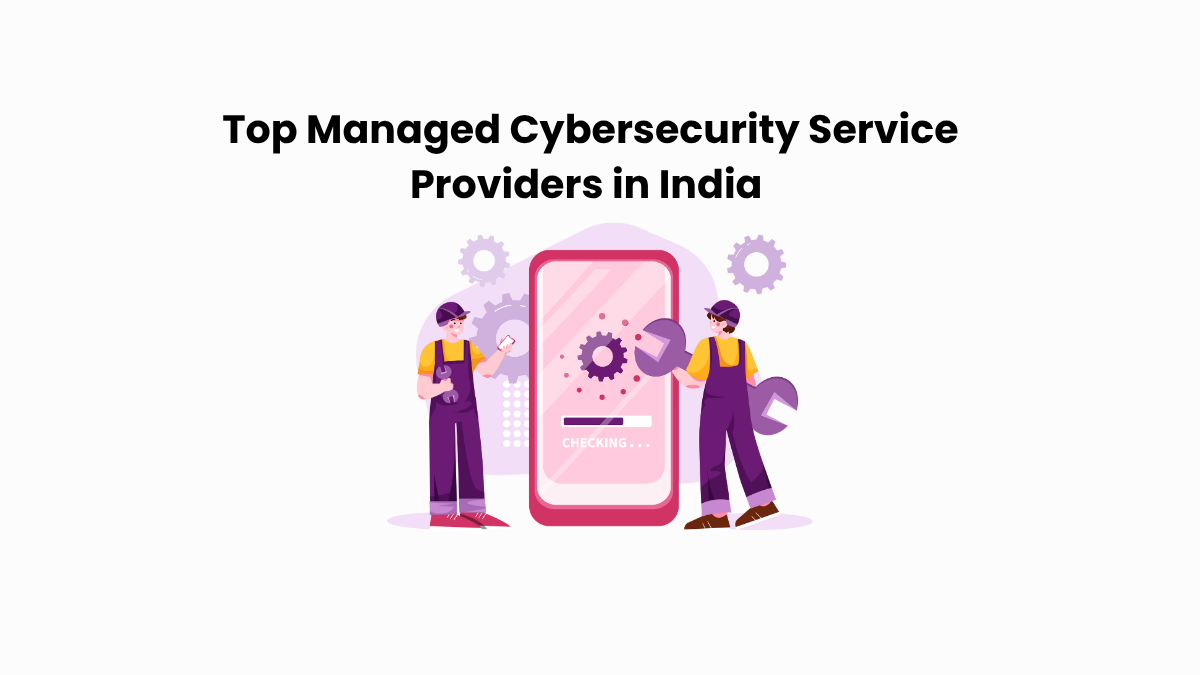A critical heap overwrite vulnerability in OpenSLP as used in VMware ESXi and Horizon DaaS appliances has prompted urgent updates from VMware. Identified as CVE-2019-5544, this flaw carries a maximum CVSSv3 base score of 9.8, categorizing it as a critical threat to virtual environments. This article details the vulnerability, its potential impacts, and necessary remedial actions.
Understanding CVE-2019-5544
CVE-2019-5544 is caused by an out-of-bounds write in OpenSLP used within VMware’s ESXi and Horizon DaaS products. The vulnerability is critical because it allows attackers to execute arbitrary code remotely without authentication.
Technical Details of CVE-2019-5544
Vector and Severity : The CVSS 3.x metrics classify this vulnerability as CRITICAL with a score of 9.8. Its vector string, CVSS:3.1/AV/AC/PR/UI/S/C/I/A, indicates its potential for widespread damage.
Root Cause : The vulnerability originates from improper memory handling in the implementation of OpenSLP, affecting several versions of VMware’s ESXi and Horizon DaaS.
Potential Impact
#1: Complete system compromise allowing unauthorized administrative control.
#2: Unauthorized access to sensitive data and system disruption.
Mitigation Strategies
Vendor Recommendations: VMware has issued patches to address this vulnerability, emphasizing the importance of prompt application.
Affected organizations should:
#1: Update all impacted products to the latest versions as outlined in VMware’s security advisories.
#2: Monitor and apply subsequent updates related to this vulnerability and adjust security settings accordingly.
Best Practices for Virtual Environment Security
Regular Updates and Patch Management Continuously update and patch all virtualization infrastructure components to protect against vulnerabilities.
Robust Security Configurations Implement strict security controls and configurations to minimize the attack surface of virtual environments.
Monitoring and Incident Response Deploy advanced monitoring tools to detect anomalies and swiftly respond to potential security incidents.
Conclusion
CVE-2019-5544 underscores the necessity for rigorous security practices within virtualized environments offered by VMware. By understanding the critical nature of this vulnerability and implementing recommended measures, organizations can better secure their systems against potential exploitation.
For additional resources and expert assistance in managing virtual environment security, contact Datacipher. We provide comprehensive solutions tailored to safeguard your digital assets against emerging security threats.





